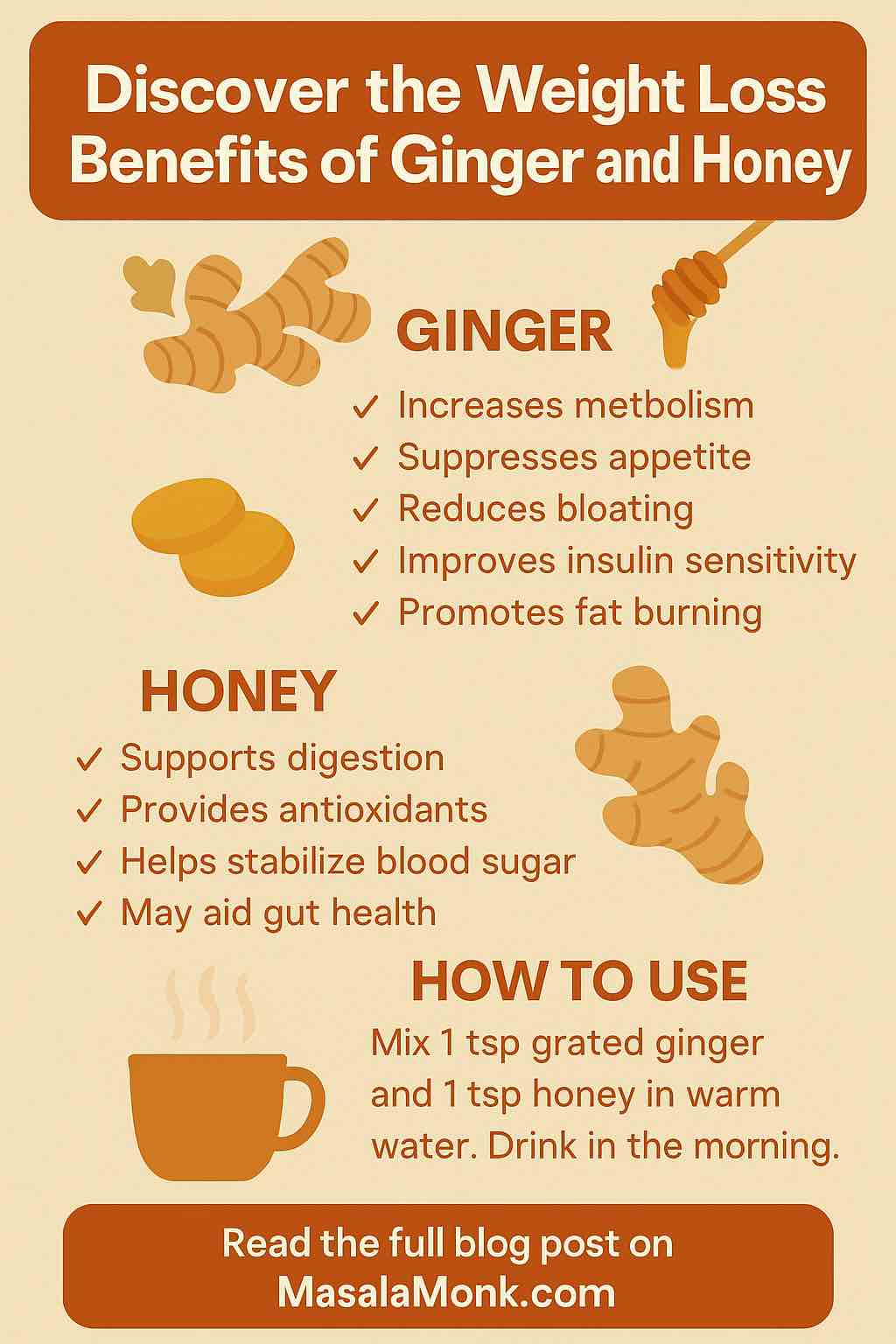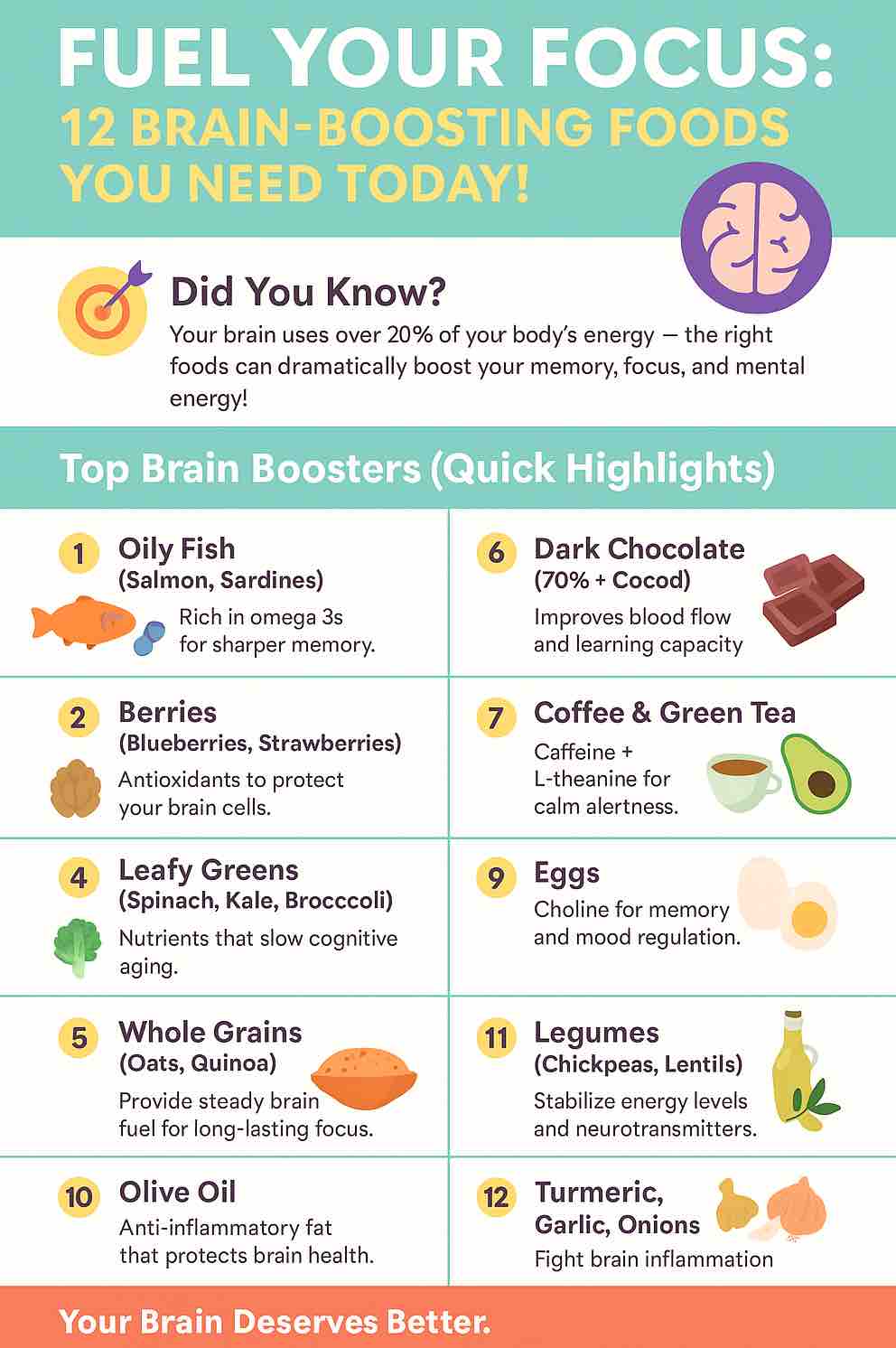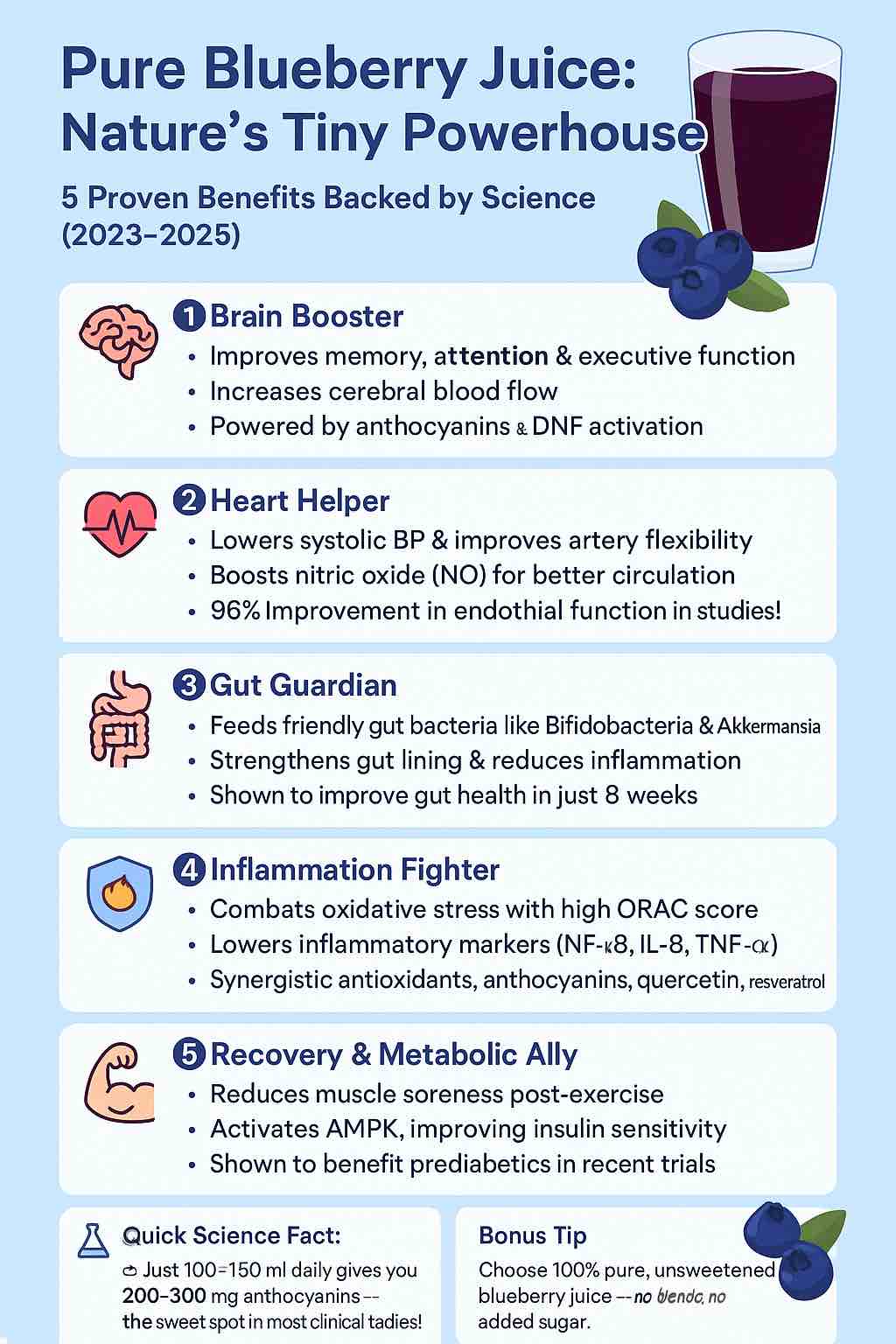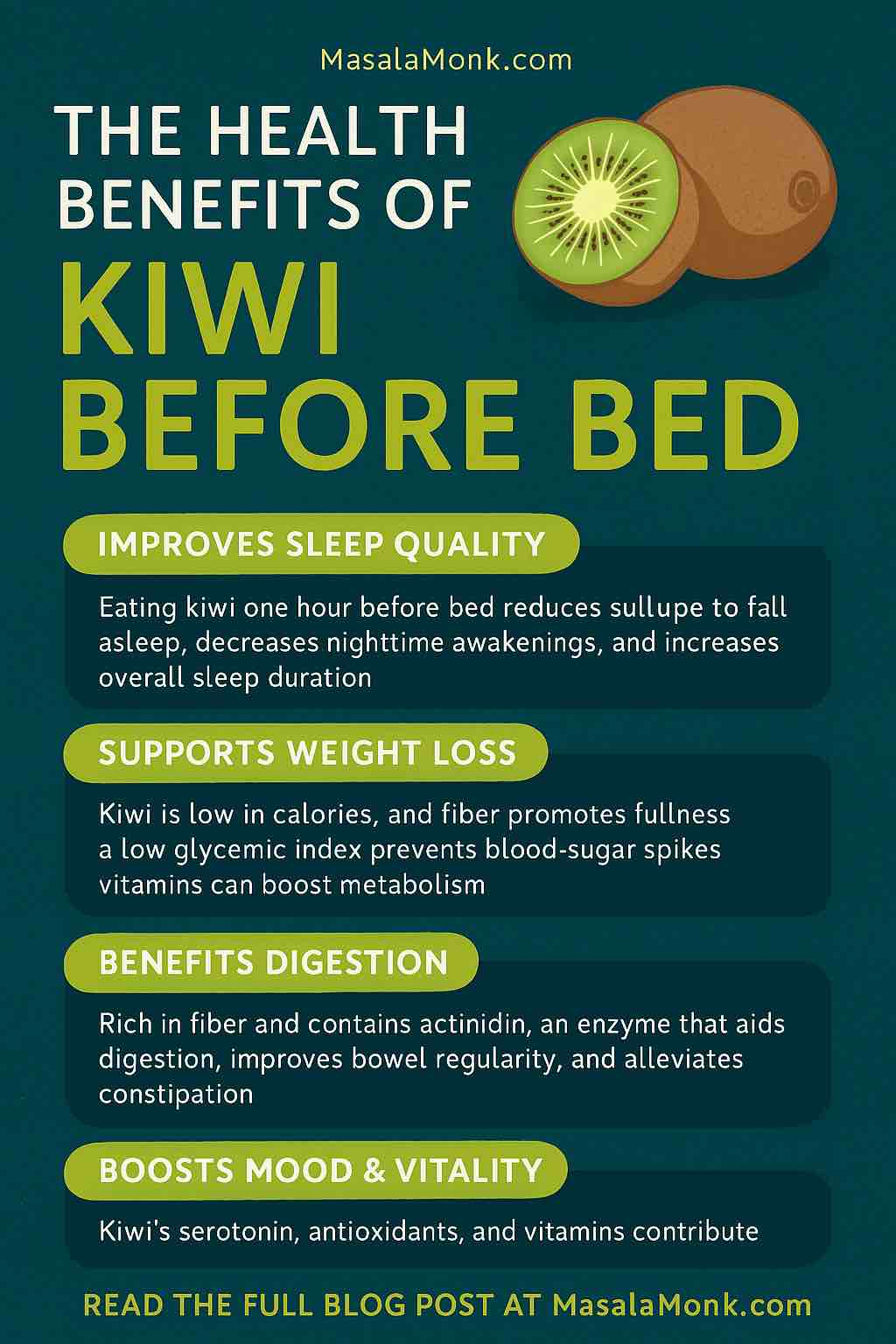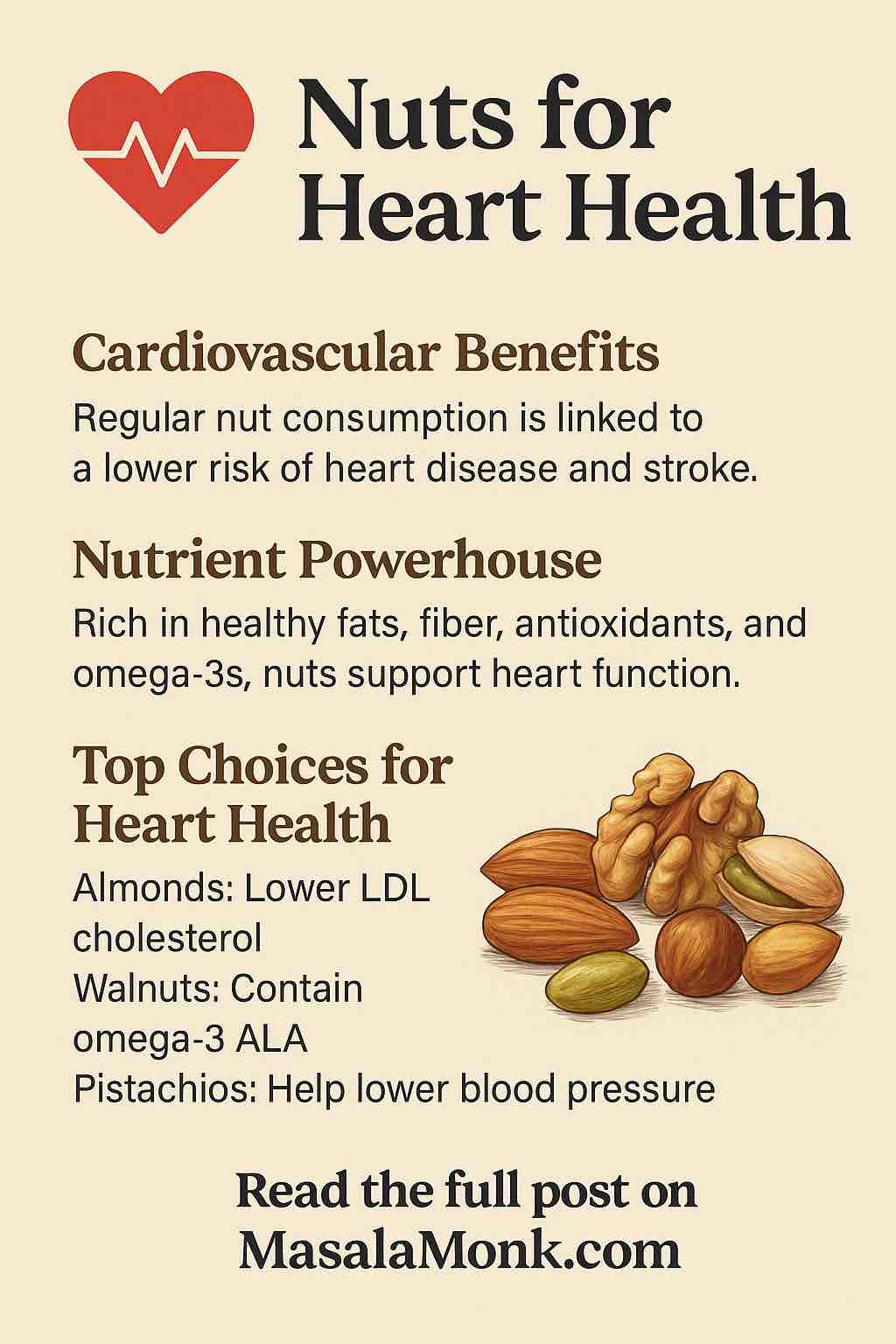
In today’s fast-paced world where heart disease remains a leading cause of death globally, finding simple, sustainable ways to protect cardiovascular health is more important than ever. Enter nuts—tiny but mighty nutritional powerhouses that can significantly improve heart health when consumed regularly and wisely. This blog dives deep into the science behind nuts, their cardiovascular benefits, the mechanisms at play, and how to incorporate them practically into your daily diet.
Why Nuts Matter: Evidence from Large-Scale Studies
Numerous studies have confirmed the cardioprotective effects of nuts. A meta-analysis of over half a million individuals across various populations showed that eating a handful of nuts daily (about 28 grams or 1 ounce) is associated with:
- A 21% lower risk of cardiovascular disease (CVD)
- A 24% reduced risk of coronary heart disease
- An 18% reduced risk of stroke
- A 19% lower all-cause mortality rate
These are not trivial numbers. They represent real, actionable insights that can be implemented easily by most people.
What Makes Nuts a Nutritional Powerhouse?
Nuts are rich in an array of heart-friendly nutrients:
- Healthy fats: Primarily unsaturated fats, which help lower LDL cholesterol and maintain HDL cholesterol.
- Fiber: Helps regulate blood lipids and promotes satiety.
- Plant sterols: Natural substances that help block cholesterol absorption.
- L-arginine: An amino acid that enhances the flexibility of blood vessels.
- Magnesium, potassium, and calcium: Minerals that help control blood pressure.
- Antioxidants: Vitamin E and polyphenols that combat oxidative stress and inflammation.
How Nuts Support Heart Health: The Biological Mechanisms
- Improving Lipid Profiles: Regular nut consumption is known to reduce total cholesterol, LDL cholesterol, and triglycerides while maintaining or even increasing HDL cholesterol.
- Enhancing Endothelial Function: Nuts like walnuts improve flow-mediated dilation (FMD), indicating better blood vessel function.
- Reducing Blood Pressure: Pistachios and almonds, in particular, have shown blood-pressure-lowering effects thanks to their potassium and unsaturated fat content.
- Anti-inflammatory Effects: Antioxidants in nuts help reduce chronic inflammation—a major contributor to atherosclerosis.
- Platelet Function and Clot Prevention: Omega-3 fatty acids, particularly ALA in walnuts, can reduce clot formation and promote a healthy heart rhythm.
Spotlight on Specific Nuts
- Walnuts: High in omega-3 ALA, great for improving endothelial function and reducing inflammation.
- Almonds: Rich in vitamin E and magnesium; effective in lowering LDL cholesterol.
- Pistachios: Excellent for blood pressure management; contain potassium and phytosterols.
- Pecans: Loaded with monounsaturated fats and ellagic acid, beneficial for lipid profiles.
- Hazelnuts: High in oleic acid and vitamin E; helpful in reducing oxidative stress.
How Much Is Enough?
The ideal daily intake ranges from 15 to 30 grams, or a small handful. This amount provides the benefits without contributing to unwanted weight gain. Multiple cohort studies suggest consuming nuts at least 5 times a week to achieve cardiovascular protection.
Practical Tips to Add More Nuts to Your Diet
- Snack Smart: Keep a small container of mixed, unsalted nuts at your desk or in your bag.
- Breakfast Boost: Sprinkle chopped nuts on oatmeal, yogurt, or smoothie bowls.
- Salad Upgrade: Add sliced almonds or walnuts to salads for crunch and nutrition.
- Nut Butters: Use natural almond or peanut butter (no added sugars or oils) on toast or fruit.
- Cooking: Incorporate nuts into stir-fries, grain bowls, or even pasta dishes.
Storage Tip: Store nuts in the fridge or freezer to prevent them from going rancid.
Myths and Misconceptions
- “Nuts will make me gain weight.” Not true. Despite being calorie-dense, nuts increase satiety and are associated with better weight management.
- “All nuts are the same.” Each type offers unique benefits; diversity matters.
- “Nut allergies make nuts off-limits for everyone.” While serious, nut allergies usually apply to specific types. Work with a healthcare provider for safe alternatives like seeds (sunflower, flax, chia).
Conclusion: A Heartfelt Recommendation
Incorporating nuts into your daily diet is one of the simplest, most enjoyable, and evidence-backed ways to support cardiovascular health. Whether you prefer walnuts, almonds, or pistachios, each handful is a step toward a healthier heart. So go ahead—crunch your way to better health.
Call to Action
Try adding one serving of nuts to your routine this week. Notice how it makes you feel. And if you’re inspired, share your favorite nut-based recipe or snack idea in the comments below. Your heart will thank you!
✅ FAQs
1. What are the best nuts for heart health?
Answer: Walnuts (rich in omega‑3 ALA), almonds (high in vitamin E and fiber), pistachios (great for blood pressure), and pecans (support lipid profiles) are top choices. Each nut has unique strengths, so variety is ideal.
2. How many nuts should I eat per day for heart benefits?
Answer: Aim for 15–30 grams (about a small handful) per day. Research shows that 5 servings per week or more can significantly reduce cardiovascular risk.
3. Will eating nuts every day cause weight gain?
Answer: No, not if eaten in moderation. Nuts promote satiety, reduce cravings, and are linked to better weight control in long-term studies, despite being calorie-dense.
4. Can I eat nuts if I have high cholesterol?
Answer: Yes. Nuts help lower LDL (“bad”) cholesterol and total cholesterol levels while maintaining or slightly increasing HDL (“good”) cholesterol.
5. Are roasted or salted nuts still healthy?
Answer: Unsalted, dry-roasted or raw nuts are best. Salted or oil-roasted varieties may contain excess sodium or unhealthy fats that offset the cardiovascular benefits.
6. What’s the difference between tree nuts and peanuts?
Answer: Peanuts are technically legumes, but they offer similar heart benefits as tree nuts—high in healthy fats and protein. Both are beneficial when unsalted and consumed in moderation.
7. Are nut butters (like almond or peanut butter) good for the heart?
Answer: Yes, as long as they are natural with no added sugar or hydrogenated oils. Look for ingredients lists with just nuts (and maybe a little salt).
8. Can children or elderly adults benefit from eating nuts too?
Answer: Absolutely. Nuts provide essential nutrients for all ages, but be cautious with whole nuts for young children due to choking risks—opt for nut butters instead.
9. How should I store nuts to keep them fresh?
Answer: Keep them in an airtight container in the refrigerator or freezer. Nuts can go rancid due to their high fat content if stored improperly at room temperature.
10. What if I have a nut allergy—are there alternatives?
Answer: Yes, consider heart-healthy seeds like sunflower, flax, chia, hemp, or pumpkin seeds. They offer similar nutrients like healthy fats, fiber, and minerals.

